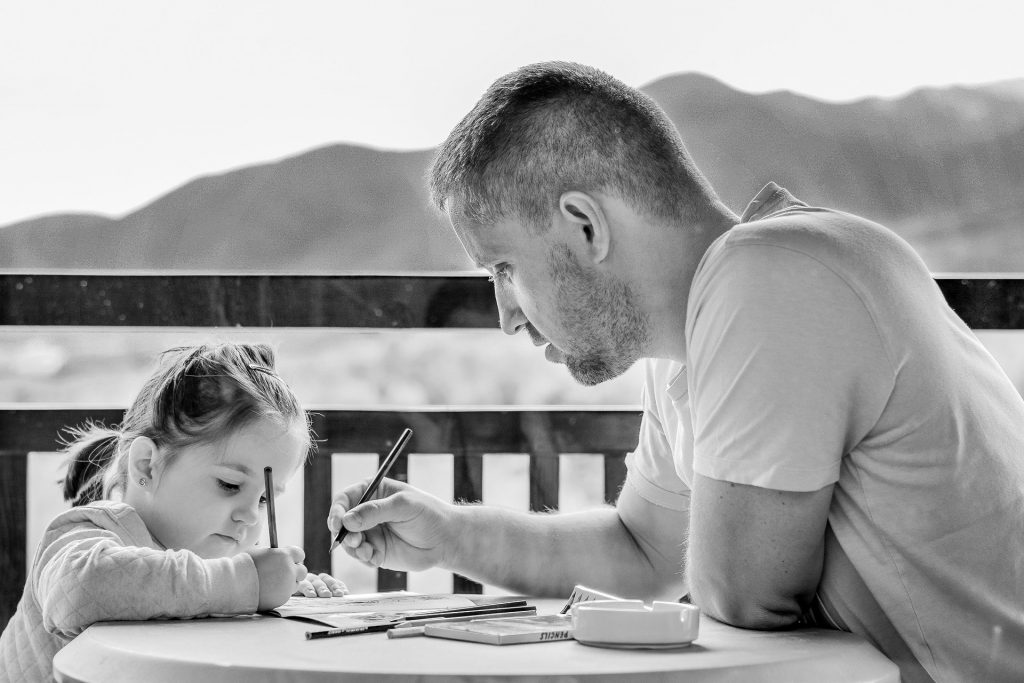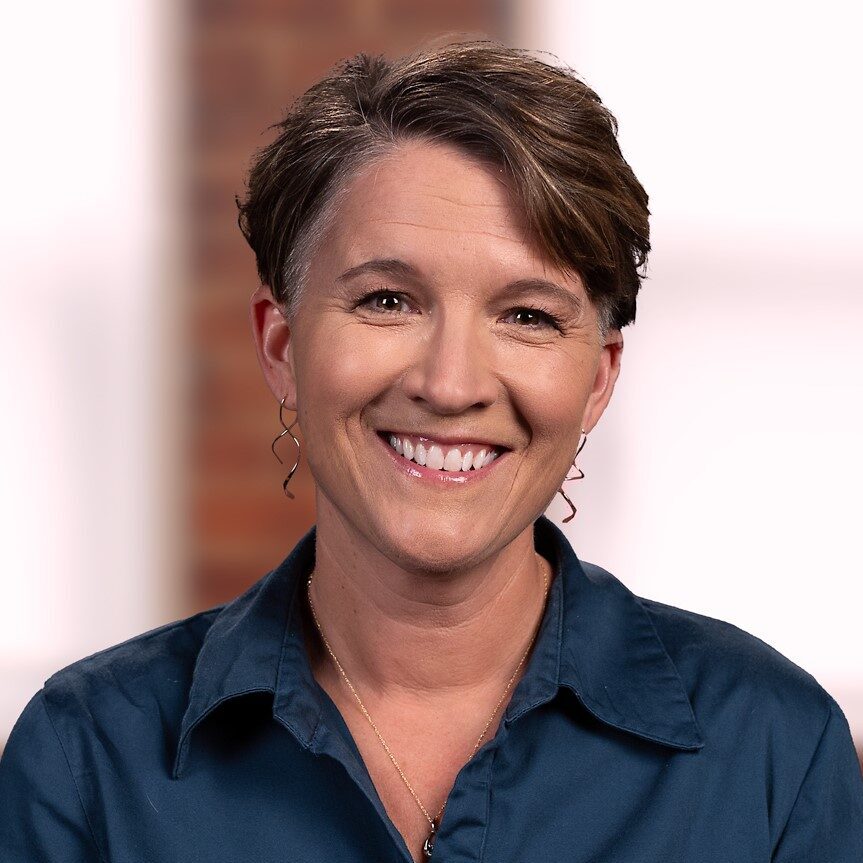
Hi there, EIM friends. How are you doing? No. Really. How are you doing? If you’re anything like me, you might find it hard to answer that question. In fact, you might reply, “I’m doing pretty well, thank you,” one moment; and thirty seconds later, “Not so hot, actually;” and then, “Are you kidding me? How can you even ask such a ridiculous question,” thirty seconds after that. Each of these would be good replies: they are honest.
Personally, I’m finding myself on a bit of an emotional roller-coaster as the reality of living through a pandemic sets in. Ordinarily an optimistic and upbeat social butterfly, I’ve had moments of loneliness, uncertainty, sadness, fear, irritability, and outright anger. I may have even shouted a profanity or two at the family cat an hour ago for meowing loudly enough to rouse me from my nap. Stupid cat.
On the flip side, I have experienced moments of clarity, faith and peace that are striking. Priorities become easy to identify, and simple acts of human kindness and solidarity have become a soothing balm to the scuffs and scrapes this worldwide crisis has already produced in my own life.
The reality that we have so much less control than we ever realized initially caught me off guard, and now as I’m settling in, the air feels thick with the impending unknown. The experts tell us things will get worse before they get better on many levels: in lives lost, in our hospitals (which directly involve so many we know and care about), in our bank accounts, and in our communities. Like many of you, I just didn’t see this one coming, and if I camp out in Facebook too long, the COVID-19 articles and videos make my chest tighten up.
In an effort to navigate this season as best I can, and understanding I need to give myself and those around me plenty of grace for their own coaster-like experiences, I’m leaning into the things I am quite certain about, and doing my best to control what I can.
- Certainty: I’m certain my family and friends mean everything to me, so I’m reaching out frequently to check in and make sure they know I love them.
- Certainty: I’m part of a larger whole of health care, and if my local hospital or clinic needs me, as a PT I have the education and background to step in, so I am preparing for that possibility.
- Certainty: I find peace when I lean into my faith, so I am intentionally resuming some spiritual disciplines that have fallen by the wayside in the busyness of life.
- Certainty: The stress response involves our sympathetic nervous system, and it can be influenced by our breathing, so I remind myself to breathe.
- Certainty: Having purpose is important and work gives us a sense of normalcy, so I am focusing some of my restless energy into finding things I can do right now to make things better.
A friend shared The Scary Times Success Manual with me last week, and it helped my attitude shift significantly. It was written in the weeks following 9/11, and it has such relevance today. As I dug deep into author Dan Sullivan’s first bit of advice, “Forget about yourself, focus on others,” I found my heart soften towards those I had been critical of. I realized I must trust that everyone is doing their best in this uncharted territory. I started to think of ways to encourage and support vs. question and judge.
As I dug deep into the 6th piece of advice, “Forget about the future, focus on today,” my chest relaxed a bit. “
With literally zero control over tomorrow, it makes sense to hold the future a bit more loosely and focus on what I can do right now, be that simply breathing, praying, writing, creating, or enjoying some music or comedy (Thank you, Jimmy Fallon, for inviting us into your home and family life to give us the gift of your talent and humanity through this).
As I pondered Sullivan’s 10th tip, “Forget about your complaints, focus on your gratitude,” things became so clear. I have much to be grateful for, including a wide safety net socially and emotionally. There are many practical things I can do for those who are affected by this crisis more directly than myself, and for those who simply don’t have the resources to navigate it the way I do. Gratitude breeds peace and action, both of which I need right now. A few ideas that come to mind:
- Adhere to and model social distancing without complaining.
- Call someone who lives alone and now feels more isolated than ever.
- Offer to grocery shop for my elderly neighbor.
- Send encouraging texts and notes to “frontline friends” who work in hospitals and clinics.
- Let our military personnel know I am behind them as their leaves are on hold and they await potential calls to duty domestically and worldwide.
- Check in with clients whose appointments have been put on hold.
- Order take out from restaurants who are trying to maintain some cash flow.
- Continue to give to charitable organizations, as needs don’t disappear in a pandemic.
- Check in with our teachers, who have had to pivot to online teaching.
- Pray for our health care workers, the sick, the scared, and our leaders.
There will be many silver linings that will mark the Spring and Summer of 2020 in our history books and beyond. Much like “Post 9/11,” I suspect there will be a new era: “Post-Corona.” My optimism is edging out my fear, because the kindness and cooperation I have witnessed thus far strongly outweighs the darkness. While it’s entirely normal to ride the emotional roller coaster, we just need to be mindful of staying in the valleys too long, lest we lose the momentum to climb back up to the peaks. I have noticed in my own life a resurgence of interest in music and the arts. My faith has been bolstered. My priorities have been honed. The memes have been glorious. And boy oh boy, I am encouraged by the reappearance of toilet paper at our local Target.
We are a resilient lot. We have much to be grateful for, and great reasons to hope. We will get through this: together. And for those of you who are already working in the hot zones, my heart and prayers are with you. Stay well.

––– Comments
Sue Crewe Smith Physio
Commented • May 26, 2020
That was so beautifully written Jessie. Thank you from me a Physiotherapist in The NHS to you, a Very caring PT in San Antonio . Less Pollution of all kinds has been so apparent here in GB . Hedgerow flowers are thriving as indeed Nature itself .